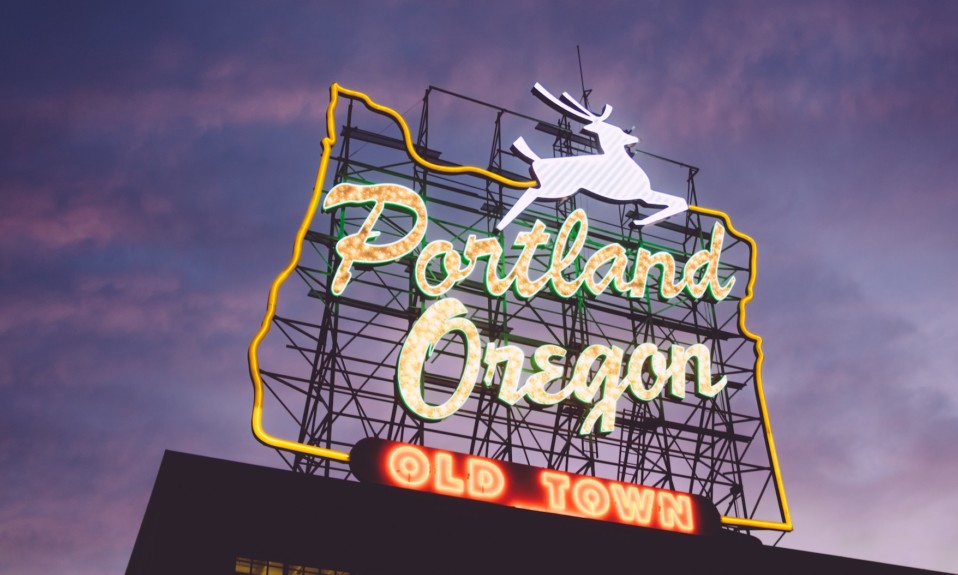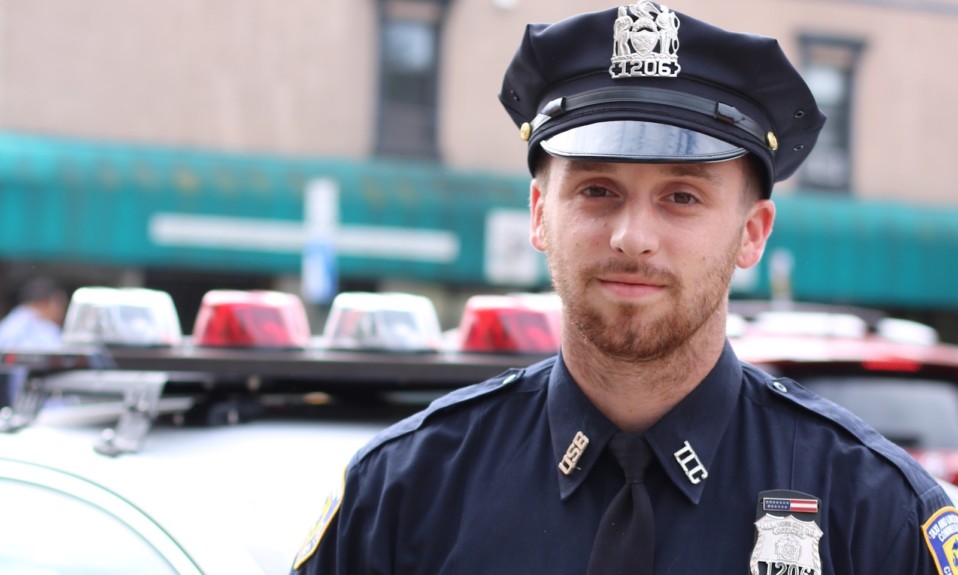A Drug Policy Alliance poll suggests Americans want treatment support instead of punishment for people with addiction
By Jason Langendorf
With the 50th anniversary of Richard Nixon’s declaration of America’s War on Drugs looming, the Drug Policy Alliance and American Civil Liberties Union just published polling data that suggests strong majority support for the decriminalization of drug possession.
The poll results, released on June 9, indicate that 66% of people in the United States would support eliminating all criminal penalties for drug possession and investing the cost savings associated with such a move into addiction treatment and recovery services.
“I think it demonstrates that the vast majority of people in this country are in agreement that the War on Drugs has failed,” says Kellen Russoniello, a senior staff attorney with the Drug Policy Alliance. “It has not increased public safety and public health. Two-thirds of the population are in support of totally steering away from the War on Drugs and criminalization of people who use drugs, and instead investing in a system that supports treatment and other services for people, with a system more based on human rights and public health.”
The survey, conducted by Bully Pulpit Interactive, polled 800 registered voters between May 17 and May 20 of this year, and results were weighted to reflect accurate representation of all registered voters in the country. Other results found that no fewer than 82% of voters from across the spectrum of party affiliation—Democrat, Independent and Republican—believe that the War on Drugs has been a failure, while the same percentage of all voters believes the president and Congress must “reform the country’s drug laws.”
A lot of lessons that we could have learned if we’d had a public-health approach from the beginning might have been lost along the way, because we’ve had such a punitive approach to dealing with drugs and toward people who use drugs.”—Kellen Russoniello, Drug Policy Alliance
The War on Drugs
On June 18, 1971, Nixon delivered a press conference declaring drugs to be America’s “public enemy No. 1,” which is widely considered to be the unofficial launch of the War on Drugs. Years later, one of Nixon’s close associates, domestic policy advisor John Ehrlichman, revealed that this “war” was being waged for purposes beyond eradicating illicit drugs.
“The Nixon campaign in 1968, and the Nixon White House after that, had two enemies: the antiwar left and black people,” Ehrlichman told journalist Dan Baum in 1994. “You understand what I’m saying? We knew we couldn’t make it illegal to be either against the war or blacks, but by getting the public to associate the hippies with marijuana and blacks with heroin, and then criminalizing both heavily, we could disrupt those communities.”
Although Ehrlichman’s characterization might have been “an oversimplification,” it can’t be denied that people of color and other marginalized groups have suffered at far greater rates due to drug criminalization and a lack of treatment resources and other services. Regardless of the original intent of the War on Drugs, Russoniello says the evidence shows the initiative has more than failed—it has been a disaster.
In addition to driving mass incarceration that has targeted low-income communities—including primarily communities of color—Russoniello says there has been an opportunity cost involved with the drug war, one that has kept experts and policymakers from approaching substances and addiction with clear eyes.
“It has also sort of stifled our knowledge about drugs, because it essentially says that we can’t study drugs, we can’t learn about drugs, we can’t talk about drugs in a realistic way,” Russoniello says. “A lot of lessons that we could have learned if we’d had a public-health approach from the beginning might have been lost along the way, because we’ve had such a punitive approach to dealing with drugs and toward people who use drugs.”
Better Drug Policies Lead to Better Treatment
Looking ahead, Russoniello says decriminalization advocates should learn more about the issues, reach out to their representatives and continue to have open conversations about harm reduction and realistic drug policy that is most beneficial to a shared public health. He cites last year’s Oregon ballot measure, which decriminalized all drugs in the state, as an example of progress driven by the will of the people.
I think having polls like this and support gives impetus to politicians to start moving. But it really is going to depend on communities stepping up and making their voices heard.”—Kellen Russoniello
“The squeaky wheel gets the grease,” Russoniello says. “So the more that people voice their opinions about this to politicians, the more likely it is that politicians will take action on this. I think having polls like this and support gives impetus to politicians to start moving. But it really is going to depend on communities stepping up and making their voices heard.”
Photo: Dainis Graveris












